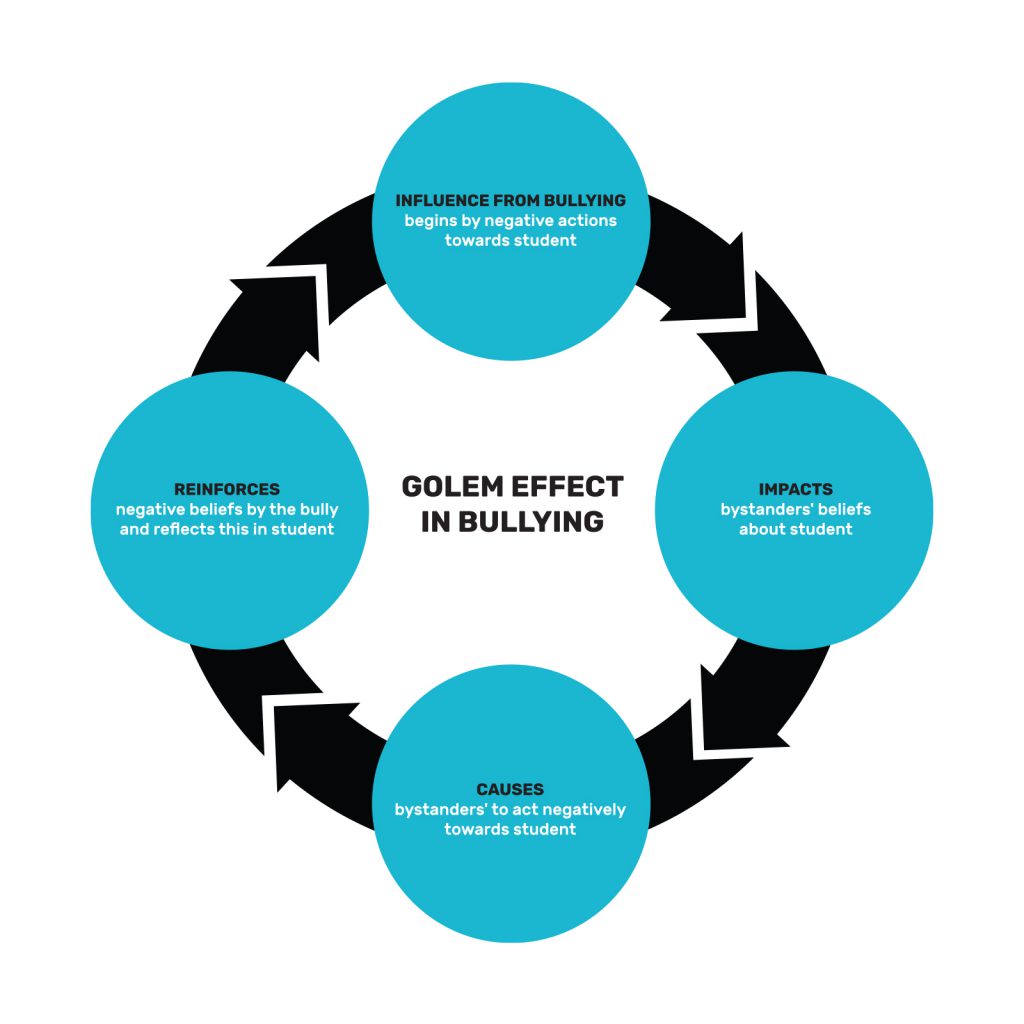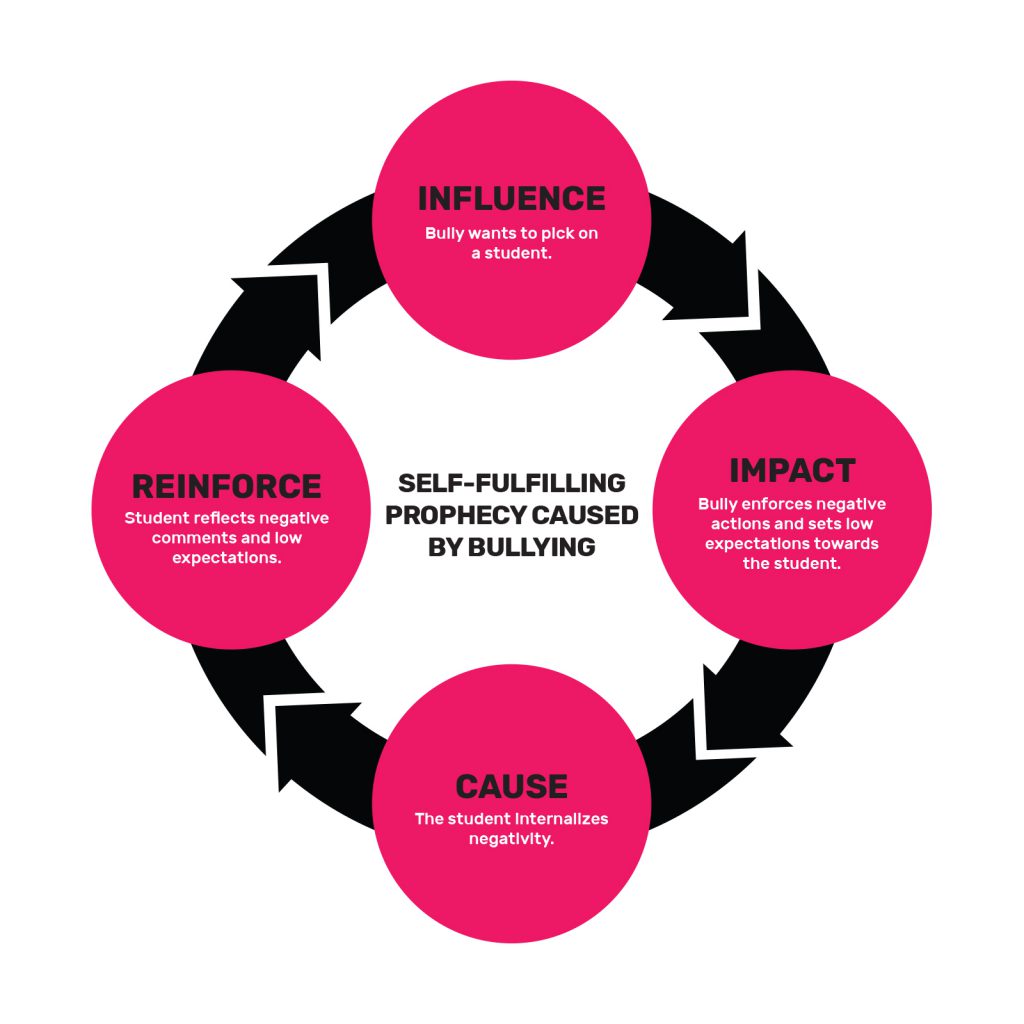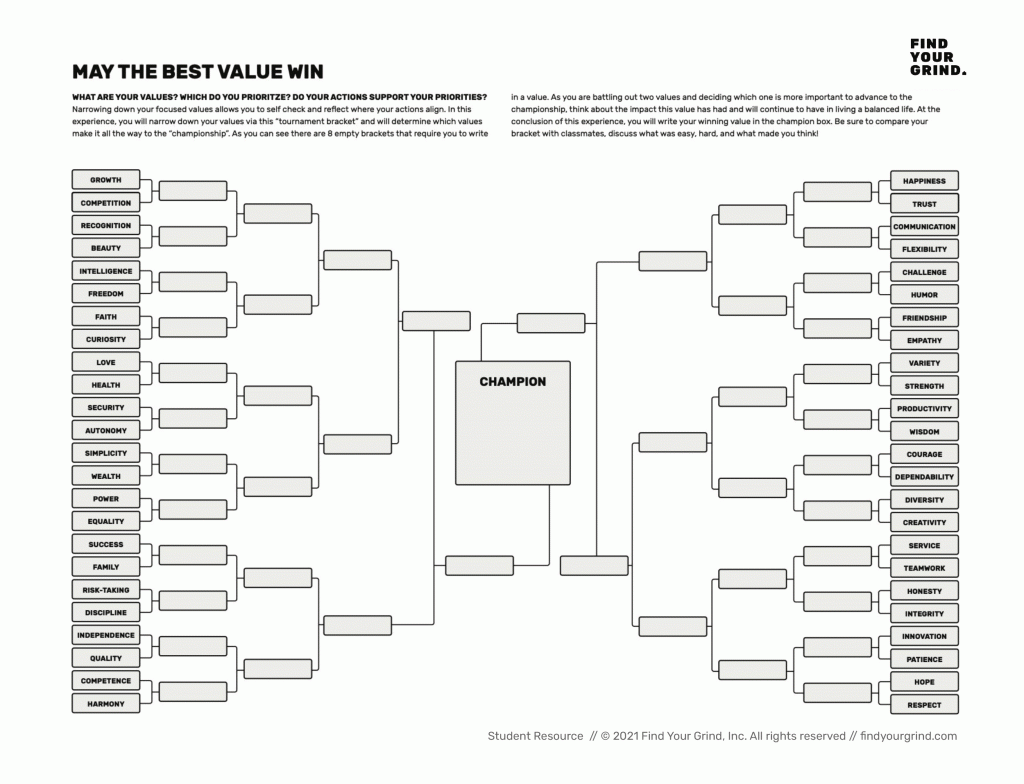August 5, 2021
Changing The Effects of Bullying
Without giving space to disassociate from the trauma and mistreatment, students carry the lies of their bullies which impacts how they treat themselves, perceive themselves to others, and ultimately how they behave towards people.

“Whenever I hear the topic of bullying I become very quiet and have 1 million thoughts run through my head. And I can still see and feel the pain that I felt on that day.” Page after page, you can read a similar sentiment on Teens Against Bullying’s forum of anonymous teens who courageously share their stories of being bullied and how bullying has affected them. These weren’t confessions or a play-by-play of how they were victimized, but the lingering and after-effects that resulted from their trauma. Depression, anxiety, PTSD, embarrassment, isolation, and suicidal attempts read down the page. Students echo in each post how these negative actions and thoughts sent them in a downward spiral and lack of self-worth. You can feel the torment and the reduced versions that were planted in them by their aggressors.
Without giving space to disassociate from the trauma and mistreatment, students carry the lies of their bullies which impacts how they treat themselves, perceive themselves to others, and ultimately how they behave towards people.
Today, there’s a bigger advocacy towards anti-bullying awareness and campaigns. Organizations and companies such as Burger King have used their advertising efforts to combat the alarming statistic that “59% of U.S. teens have been bullied or harassed online.” Media attention towards Tyler Clementi and Amanda Cummings has demonstrated that bullying directly impacts suicidal behavior. And while solidarity forms around platforms like Teens Against Bullying, Stomp Out Bullying, or National Bullying Prevention Month as a way to realize that you’re not alone in this type of pain, there lacks any progression towards those affected and encouragement in creating a new internal narrative.

Educators are taught to be aware of the Pygmalion Effect. Its counter called the Golem Effect describes how low expectations toward someone lead to a decrease in performance, versus in the Pygmalion Effect where high expectations act as positive reinforcement and drive good results — both types create a self-fulfilling prophecy. The impact of the Golem Effect has been largely overlooked, and studies are scant due to ethical concerns of inducing negative actions that may cause detrimental outcomes. But this study published in Frontiers of Psychology shows that followers’ cognitions and behaviors are shaped by a group that was influenced by a leader. Similar to the flow of the Pygmalion effect, we can also find in the Golem Effect that expectations drive influence, impact, cause, and reinforcement in the same way how bullying affects individuals. The effects of this self-fulfilling prophecy caused by bullying can explain why the after-effects of someone being bullied lingers.
Just like how young people live up and down educator or parent expectations, being bullied has a similar effect in which students end up pigeon-holing themselves. Limited by their bullies, a student internalizes these words or actions, then begin to reflect these low expectations set by bullies. Not only does a victim internalize and carry this as time passes on, but this behavior can also evolve into becoming predators themselves. Without giving space to disassociate from the trauma and mistreatment, students carry the lies of their bullies which impacts how they treat themselves, perceive themselves to others, and ultimately how they behave towards people.

Many students who are bullied are not healed — even if that student moves away, change schools, their intimidator receive consequences, or even if years have passed. They say time heals all — but in the case of bullying, healing begins introspectively. This self-fulfilling prophecy is a vicious cycle and can only be broken when we have students look at these areas, and begin healing individually and communally.
In Find Your Grind’s Curriculum, educators can help students create a new internal narrative and take control of their self prophecy. In Unit 1, Lesson 3, titled “Find Your Values” students are challenged by narrowing down their focused values which allows them to self check and reflect where their actions align. Beyond career exploration, Find Your Grind focuses on values that’ll help a student take charge of their own self and path. By taking inventory and concentrating on individual strengths, students can begin to address the trauma and false narratives that bullies have created and break the cycle internally. The positive reinforcements will continue to build a student by creating a lane to celebrate individuality, self-worth, and strengths.



